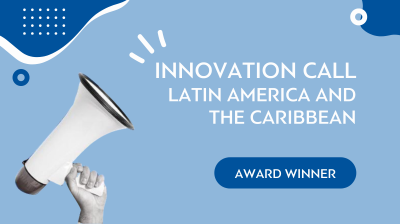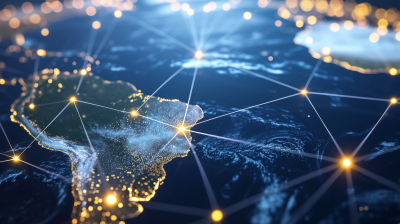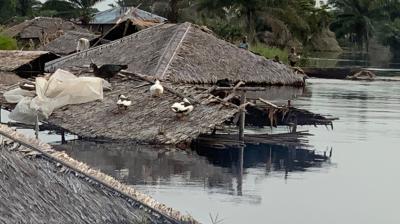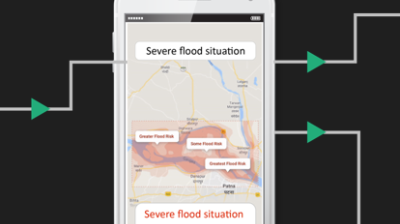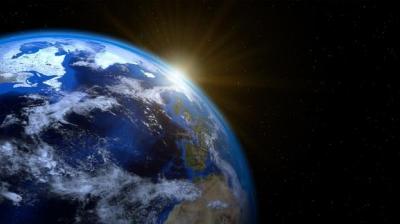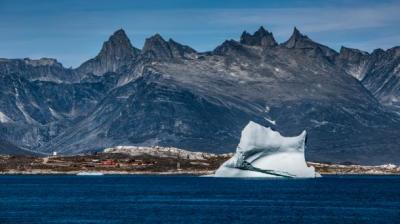World Water Day: leveraging water for peace
The World Meteorological Organization is joining international activities to mark World Water Day on 22 March to celebrate water and raise awareness of the global water crisis and the 2.2 billion people living without access to safe water.
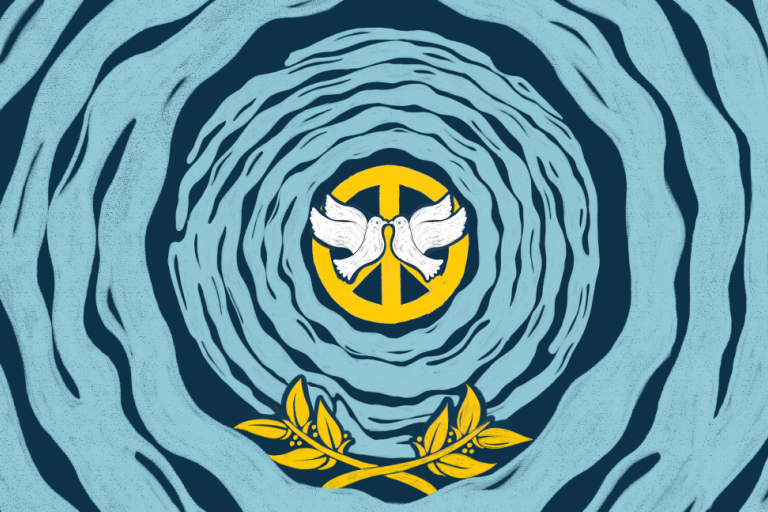
A core focus of World Water Day is to support the achievement of Sustainable Development Goal 6: water and sanitation for all by 2030. This year’s theme is Leveraging Water for Peace.
This is because water can create peace or spark conflict. When water is scarce or polluted, or when people have unequal or no access, tensions can rise between communities and countries. By contrast, peaceful cooperation around water can flow into peaceful cooperation in all sectors and be a catalyst for sustainable development.
Water cooperation across borders and sectors has proven to generate benefits that accelerate progress across Sustainable Development Goals, including delivering safe drinking water and sanitation, enhancing food security, sustaining healthy livelihoods and ecosystems, helping to address resilience to climate change, contributing to disaster risk reduction, providing renewable energy, supporting cities and industry, and fostering regional integration and peace.
Transboundary cooperation is essential for creating enabling conditions for investment and security. It also enhances preparedness to protect ecosystems and human health, especially in case of crisis such as drought, flood or accidental pollution.
More than 3 billion people worldwide depend on water that crosses national borders. Yet, out of 153 countries that share rivers, lakes and aquifers with their neighbours, only 24 countries report having cooperation agreements for all their shared water, according to UN Water.
As climate change impacts increase and populations grow, there is an urgent need, within and between countries, to unite around protecting and conserving our most precious resource.
Cooperation on water can build vital resilience to extreme weather events and help populations to mitigate and adapt to a changing climate, as well as promote public health and prosperity, food and energy systems, economic productivity and environmental integrity all rely on a well-functioning and equitably managed water cycle.
“The most recent WMO State of Global Water Resources report shows how the hydrological cycle is spinning out of balance as a result of climate change and human activities,” WMO Secretary-General Celeste Saulo told a special World Water Day event, co-organized by WMO, the Permanent Mission of Slovenia, Geneva Water Hub, and UNECE at WMO headquarters.
“Droughts and high-impact rainfall events are wreaking a heavy toll on lives, economies, and ecosystems. Hydrological extremes and melting snow and ice have significantly increased water-related hazards and threaten long-term water security for millions of people,”she said.
“Furthermore, the State of the Global Climate Report 2023 highlighted that the past year was especially devastating for the cryosphere, with record glacier mass loss worldwide. This loss, combined with record ocean warming, is contributing to the rate of sea level rise doubling since measurements began,” said Celeste Saulo.
Water management is becoming harder, undermining equitable and sustainable water availability for all users, including the poor and marginalized.
This is why WMO works to enhance integrated climate and water action. Examples of WMO’s programs and efforts that contribute to water as a catalyst for cooperative climate action include:
- The Associated Programme on Flood Management - to support countries in implementing Integrated Flood Management and minimize loss of life from flooding
- The Integrated Drought Management Programme - to build climate resilience, reduce economic and social losses, and alleviate poverty in drought-affected regions of the world
Both programs are critical to the global Early Warnings of All initiative, which is the number one priority for WMO.
Right before the ceremony in Geneva, Celeste Saulo signed a Memorandum of Understanding with the Global Water Partnership’s Executive Secretary Alan Atkisson to confirm the continuation of the partnership, including on these two important joint WMO - GWP programs.

WMO has other initiatives enhancing cooperation between countries, protecting everyone on earth from hazardous events and promoting sustainable management of water resources.
These include:
- The Flash Flood Guidance System with Global Coverage – to support the development of flash flood warnings
- HydroSOS - to produce standardized information on the current state of the water resources and forecast the situation at sub-seasonal and seasonal time scales
- Flood impact forecasts, which have been implemented in pilot areas, to improve warning systems.
A high-level event, "Celebrating World Water Day 2024: Covering Efforts, Keeping the Momentum of Progress," is being held at the UN Headquarters in New York, USA. Representatives of countries, UN entities, financial institutions, international organizations, academia, civil society, the private sector, and other stakeholders are invited to participate in the event.
The panel for the ceremony will include: H.E. Mr. Dennis Francis, President of the 78th session of the General Assembly, H.E. Mr. Sirojiddin Muhriddin, Minister of Foreign Affairs of Tajikistan, H.E. Prof. Dwikorita Karnawati, Minister for Meteorology, Climatology and Geophysics, and Permanent Representative of the Republic of Indonesia to the World Meteorological Organization, H.E. Jaap Slootmaker, Vice Minister for Infrastructure and Water of the Kingdom of the Netherlands and Mr. Li Junhua, Under Secretary-General for Economic and Social Affairs.


